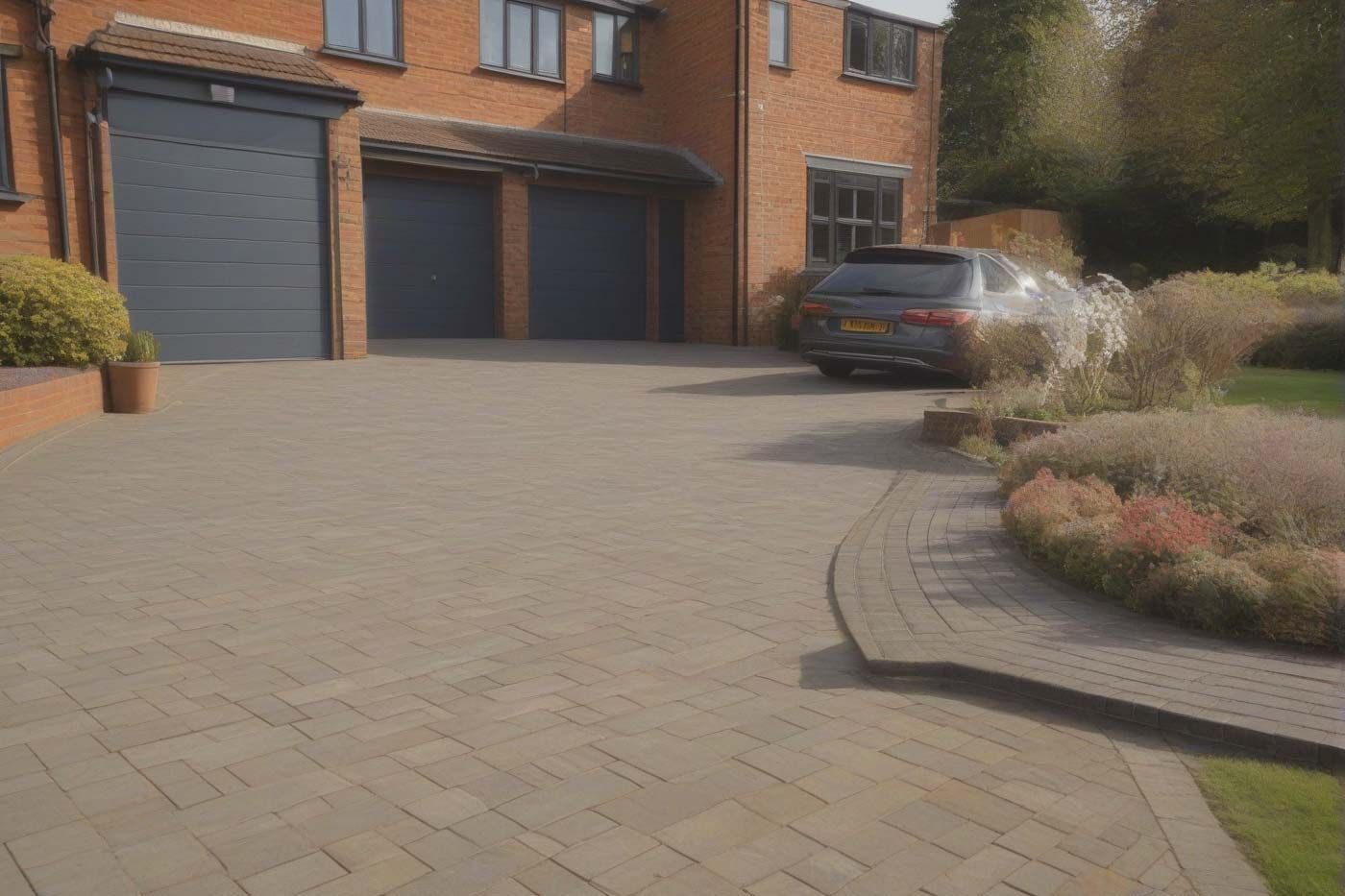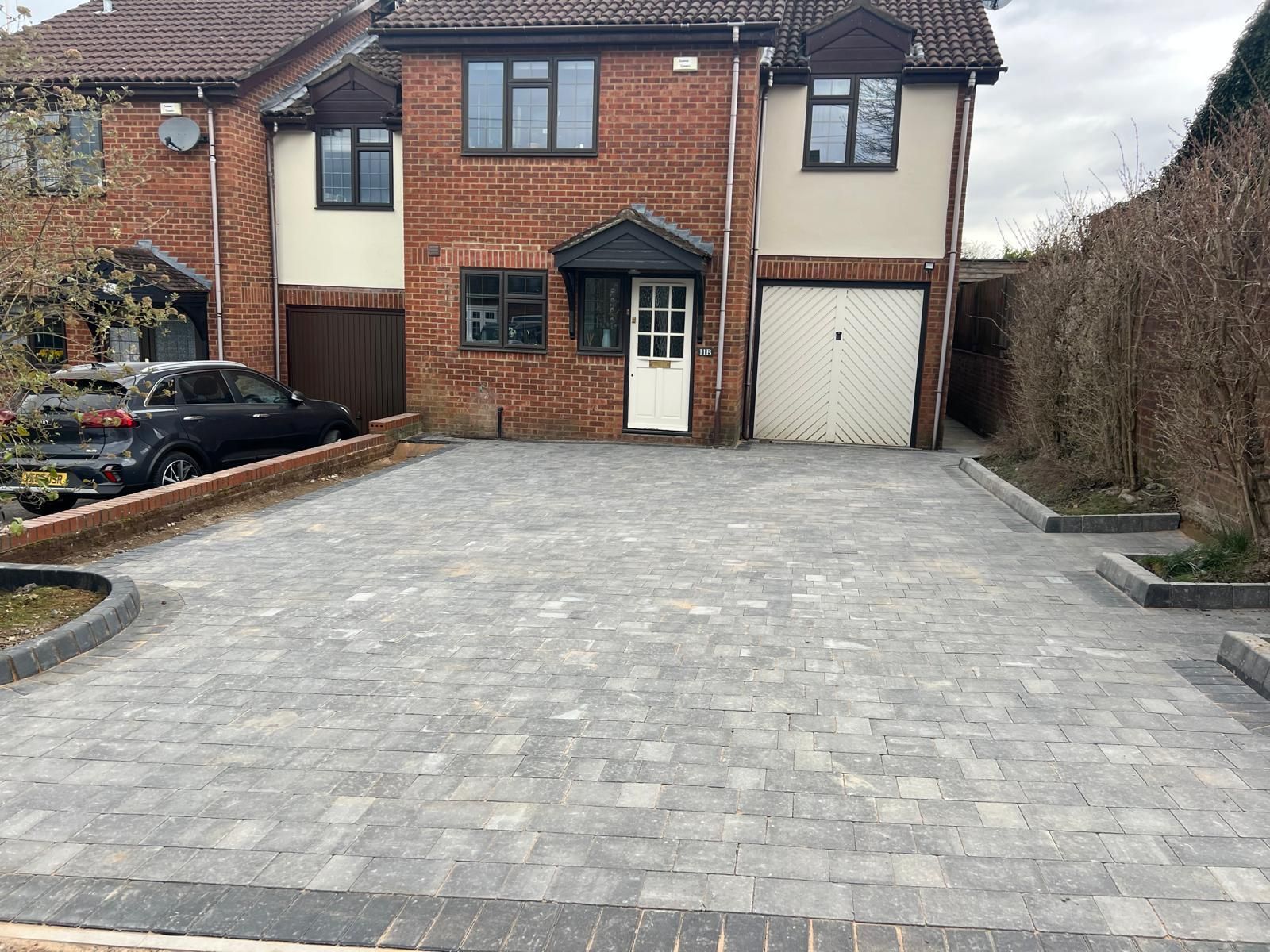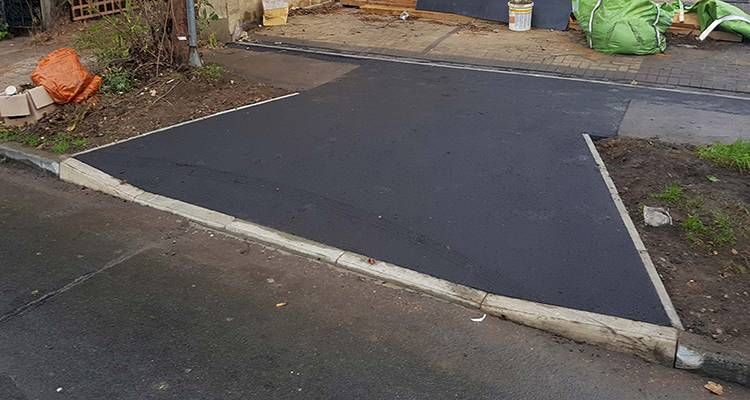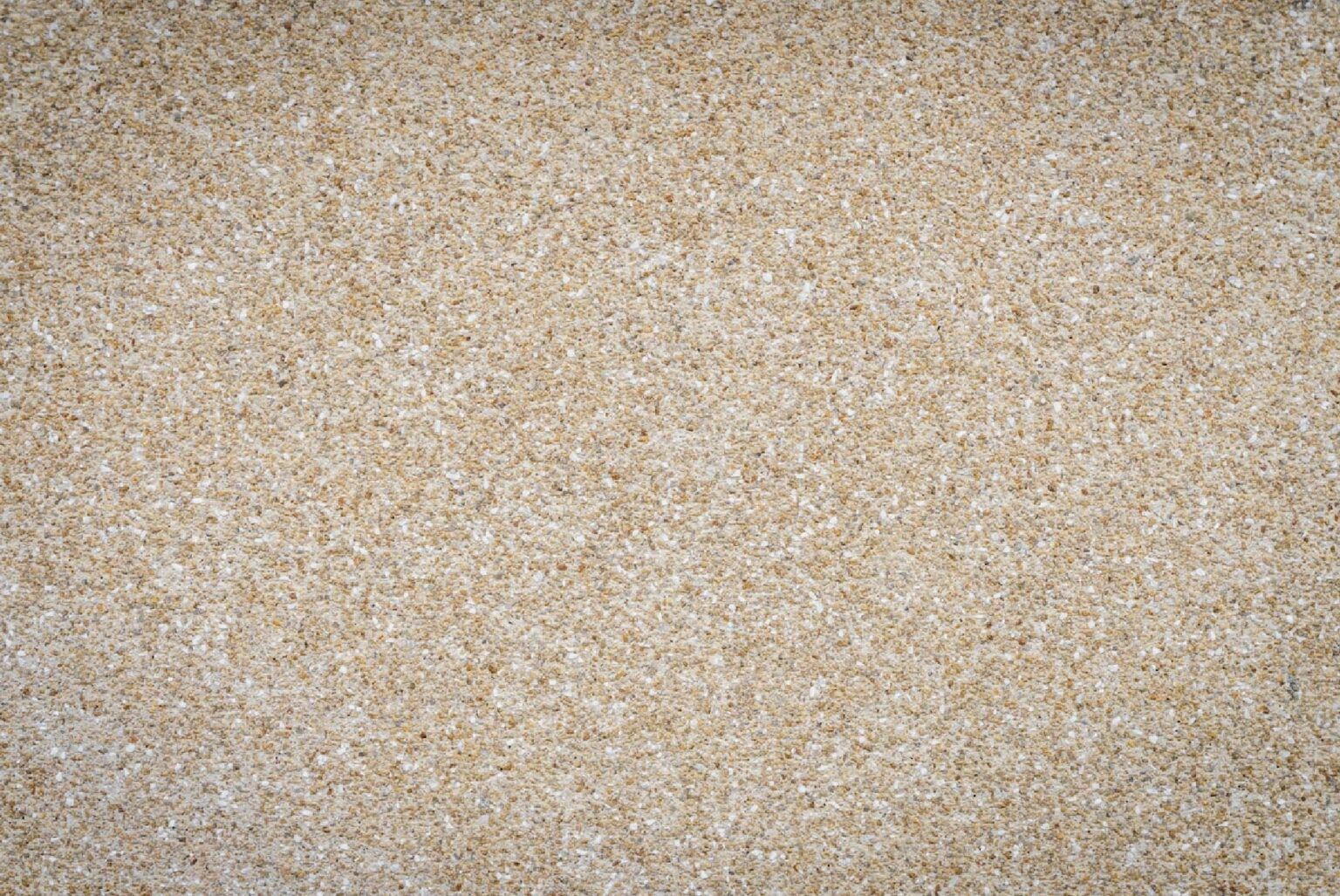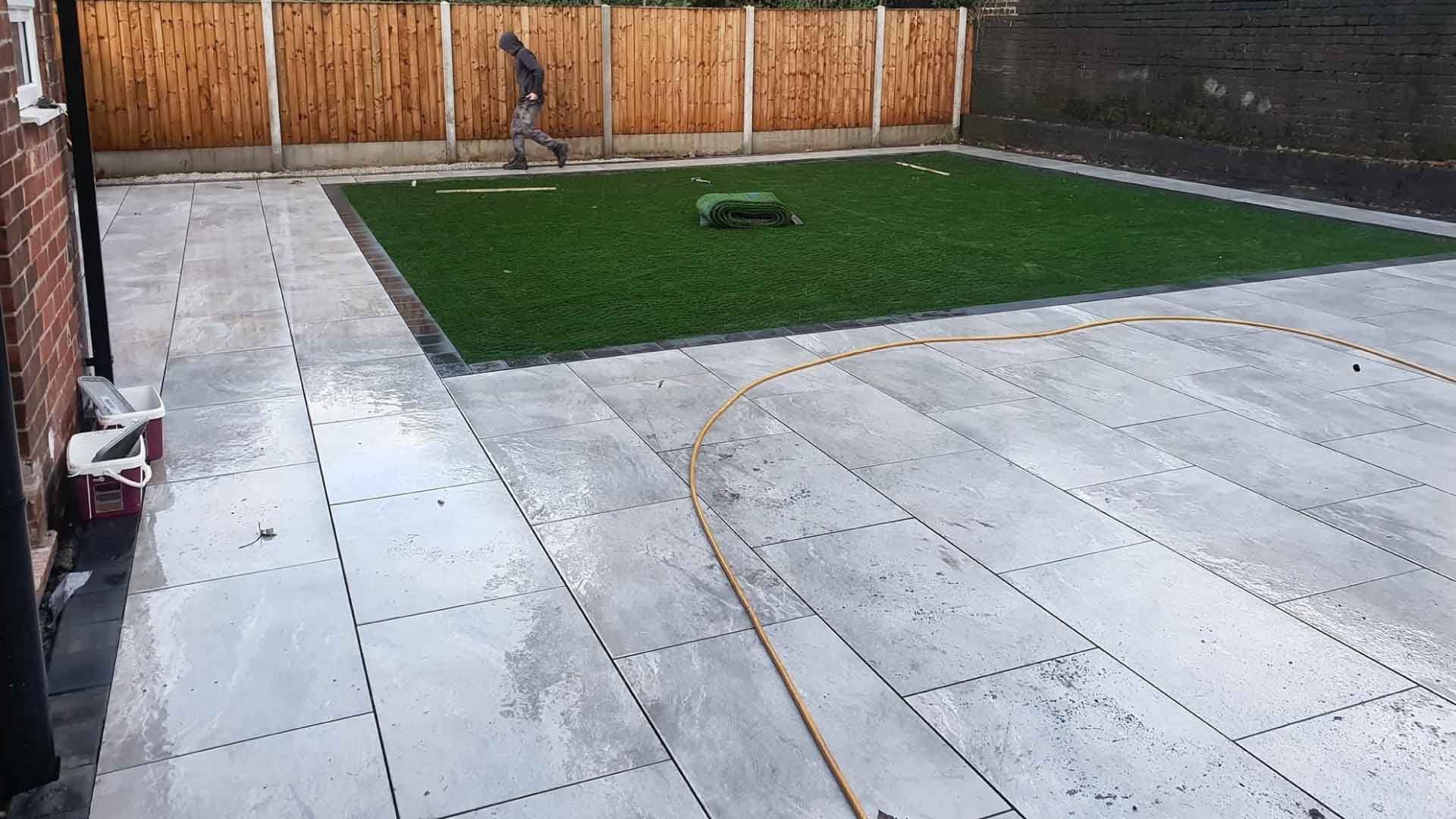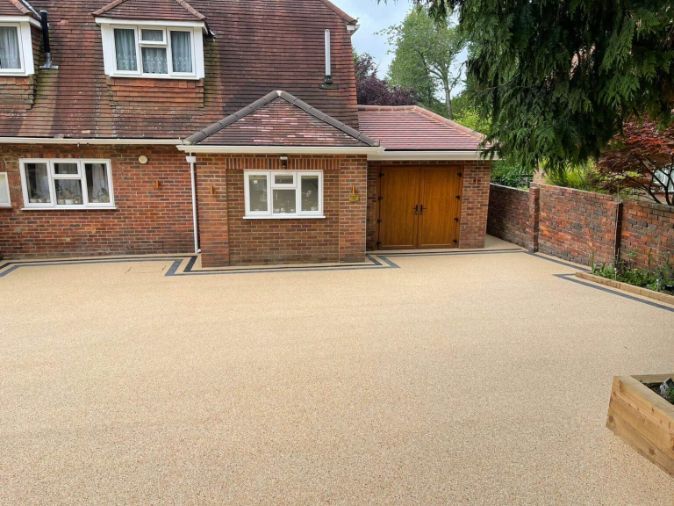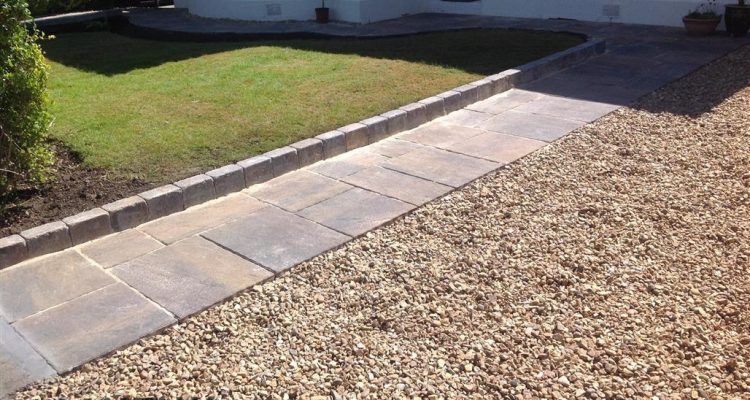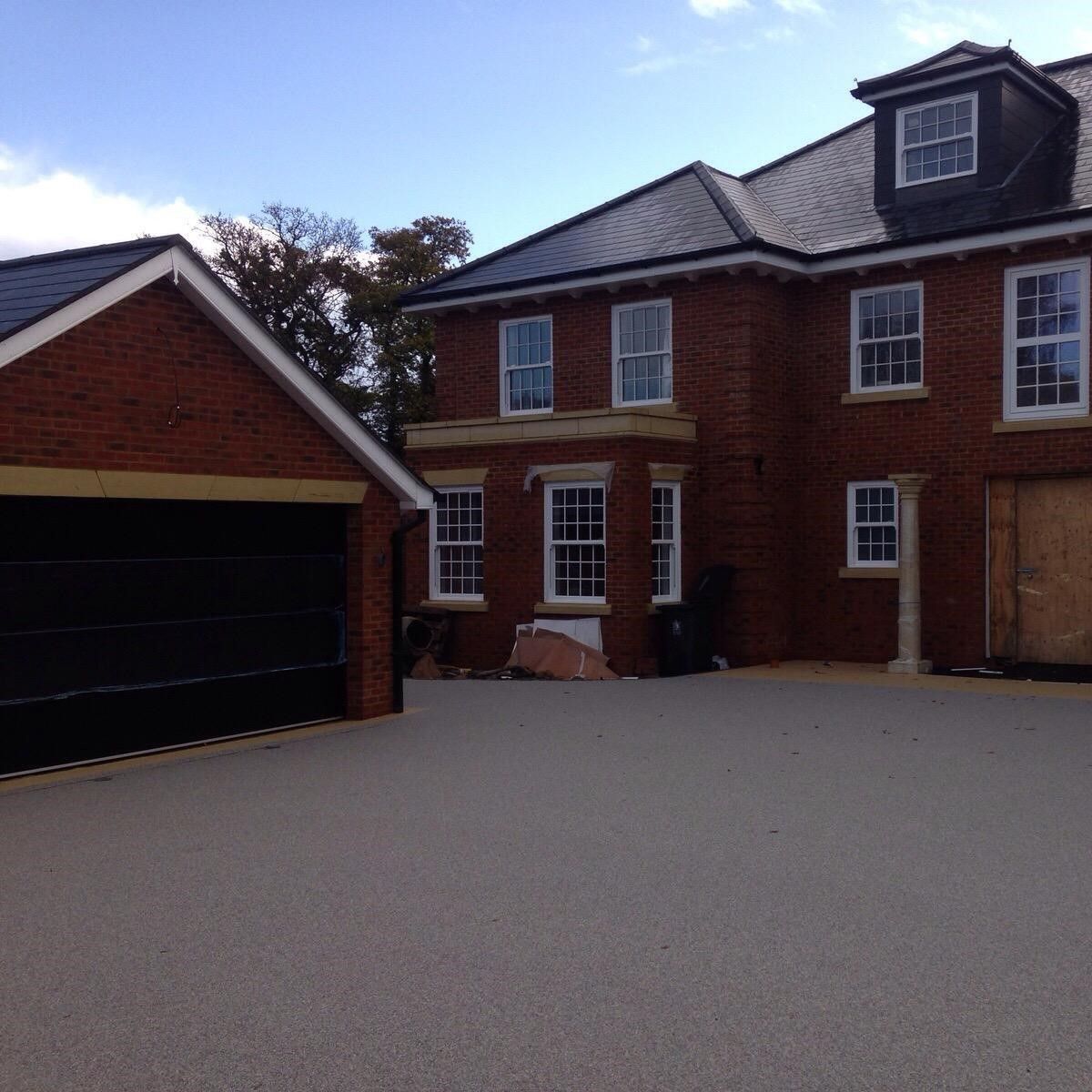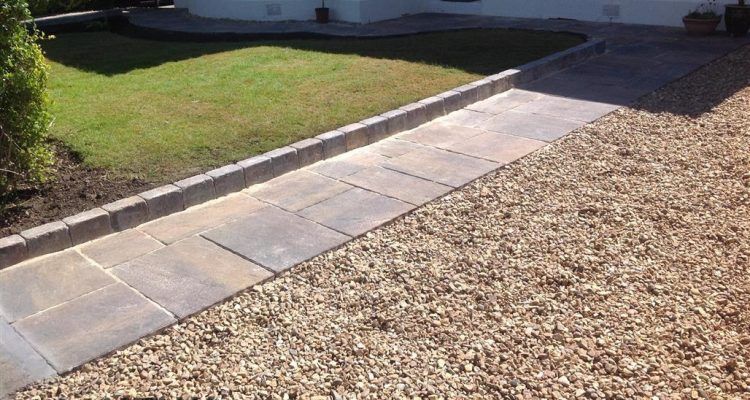How to Work Out How Many Bricks You Need?
Are you planning to build a house? One of the most crucial aspects of construction is working out how many bricks you need. The number of bricks required depends on the size of your house, the type of bricks, and, of course, the design. If you order too few bricks, you may face a shortage. Ordering too many can result in unnecessary expense.
So, how do you work out how many bricks you need?
A general rule of thumb is to multiply the width and length of the wall to get the total area. Then, multiply this figure by 60 and finally, add 10% for wastage. In this article, you’ll find a detailed calculation method to determine the right quantity of bricks for your house. Read on for a clearer understanding.
Factors Influencing Brick Calculation
Before purchasing bricks for your house, consider the following factors:
1. House Size
Start by measuring the size of your house and determining the design. A larger house with a more complex design will require more bricks than a simpler, smaller house.
2. Brick Type
There are many types of bricks available, varying by location, budget, and availability. The standard brick size is 2.25″ x 3.75″ x 7.5″. The size and type of bricks you choose will directly impact the quantity required.
3. Wall Thickness
Different parts of your house will have different wall thicknesses. For example, a single layer of bricks is usually sufficient for interior walls, while exterior walls typically require two layers of bricks.
4. Square Footage
Knowing the total square footage of your house makes the brick calculation process much easier. While the number of bricks depends on wall thickness and house size, determining the square footage simplifies the work.
5. Mortar Joint Thickness
Mortar is used to hold bricks together, and the thickness of the mortar joints typically measures 3/8″. The thickness and size of the joints affect the total number of bricks needed.
The Brick Calculation Process
Now, let’s go through the step-by-step process to determine how many bricks you need.
Step 1: Determine the Total Wall Area
Measure all the walls that will be covered with bricks. Multiply the length and height of each wall by two to calculate the total area. Then, sum up the areas of all walls.
Step 2: Deduct Door & Window Openings
Identify the total area where there will be openings (such as doors, windows, and ventilation). Subtract this from the total wall area calculated in Step 1.
Step 3: Calculate the Number of Bricks per Square Foot
Use the following formula to calculate how many bricks are required per square foot:
Bricks per sq. ft. = 1 / (Brick Length × Brick Height) × (12 / Mortar Joint Thickness)
Step 4: Calculate the Total Required Bricks
Multiply the final wall area (from Step 2) by the number of bricks per square foot (from Step 3).
Total Bricks = Total Wall Area × Bricks per sq. ft.
Step 5: Account for Wastage
To account for breakage, extra bricks, or wastage due to design patterns, add 10% to the total brick count.
Example Calculation: Brick Requirement for a Simple House
Let’s calculate the number of bricks needed for a simple rectangular house with the following specifications:
- Height: 10 ft
- Width: 30 ft
- Length: 40 ft
- Mortar Joint Thickness: 3/8″
- Wall Thickness: 8″
- Brick Size: 2.25″ x 3.75″ x 7.5″
Step 1: Calculate the Wall Area
Using the formula:
Total Wall Area = 2 × (Height × Length) + 2 × (Width × Height)
Total Wall Area = 2 × (10 × 40) + 2 × (30 × 10) = 1,400 sq. ft.
Step 2: Deduct Door & Window Openings
Assuming total openings cover 200 sq. ft., we subtract this from the total wall area:
Final Wall Area = 1,400 – 200 = 1,300 sq. ft.
Step 3: Calculate the Number of Bricks per Square Foot
Using the formula:
Bricks per sq. ft. = 1 / (Brick Length × Brick Height) × (12 / Mortar Joint Thickness)
The answer is 7.11 bricks per sq. ft.
Step 4: Calculate the Total Bricks Required
Total Bricks = 1,300 × 7.11 = 9,243 bricks
Step 5: Add Wastage
Adding 10% wastage:
Final Brick Requirement = 9,243 + 10% = 10,167 bricks
Estimated Number of Bricks Per Square Foot
Here’s an estimated chart of brick requirements based on area. The actual numbers may vary depending on the design, layout, and other factors.
| Square Foot Area | Estimated Number of Bricks |
|---|---|
| 100 | 3,200 |
| 500 | 16,000 |
| 800 | 25,000 |
| 1,000 | 31,250 |
| 1,500 | 46,875 |
| 2,000 | 62,500 |
| 3,000 | 92,000 |
Final Thoughts
We hope this guide has helped you understand how to work out how many bricks you need! Accurately calculating the number of bricks required for your project is a great way to save money and reduce waste. By following the formulas and example calculations, you can determine the exact number of bricks needed.
If you still have questions, don’t hesitate to seek professional advice. PM Kelly Block Paving is always available to help with expert guidance for your unique project.
